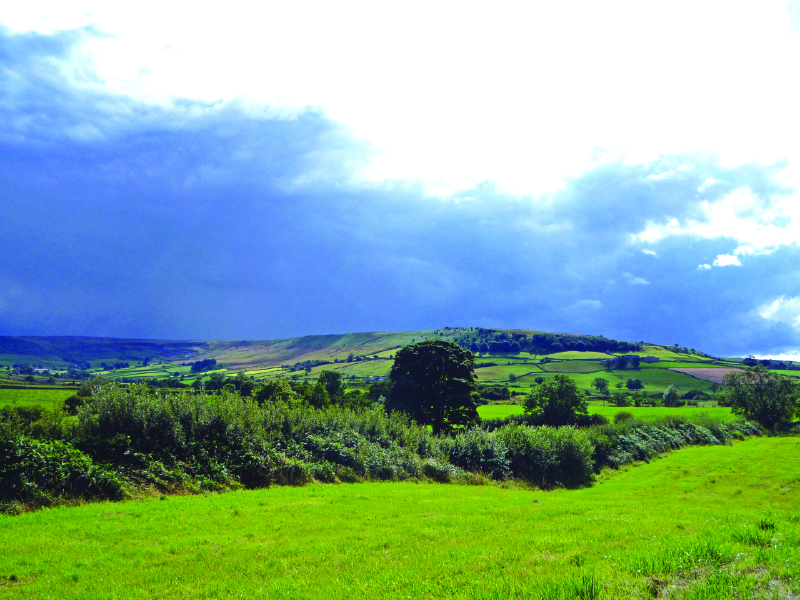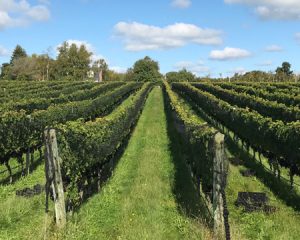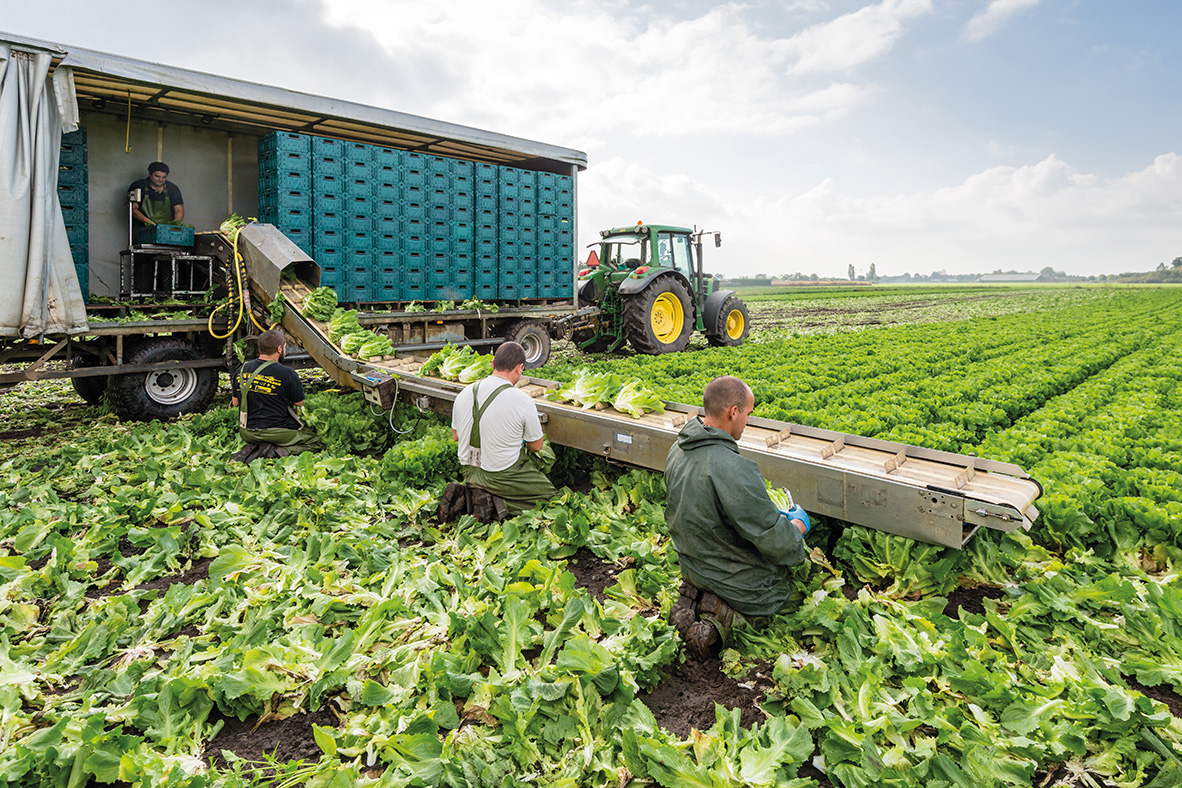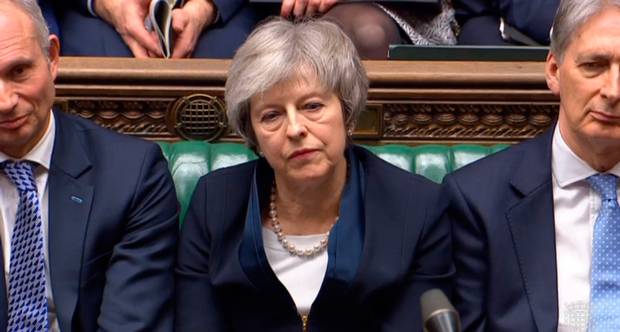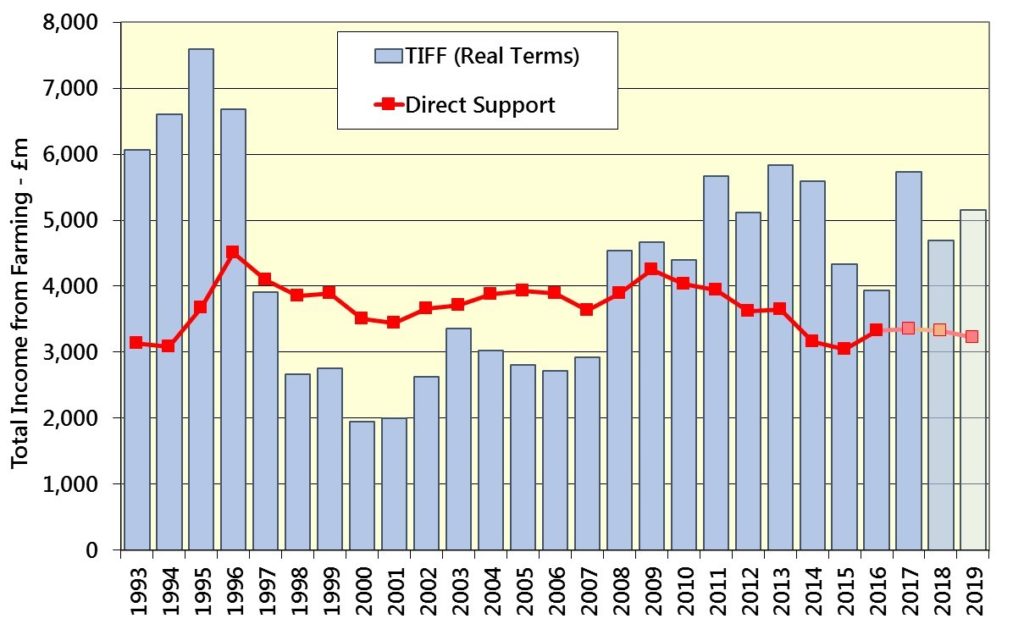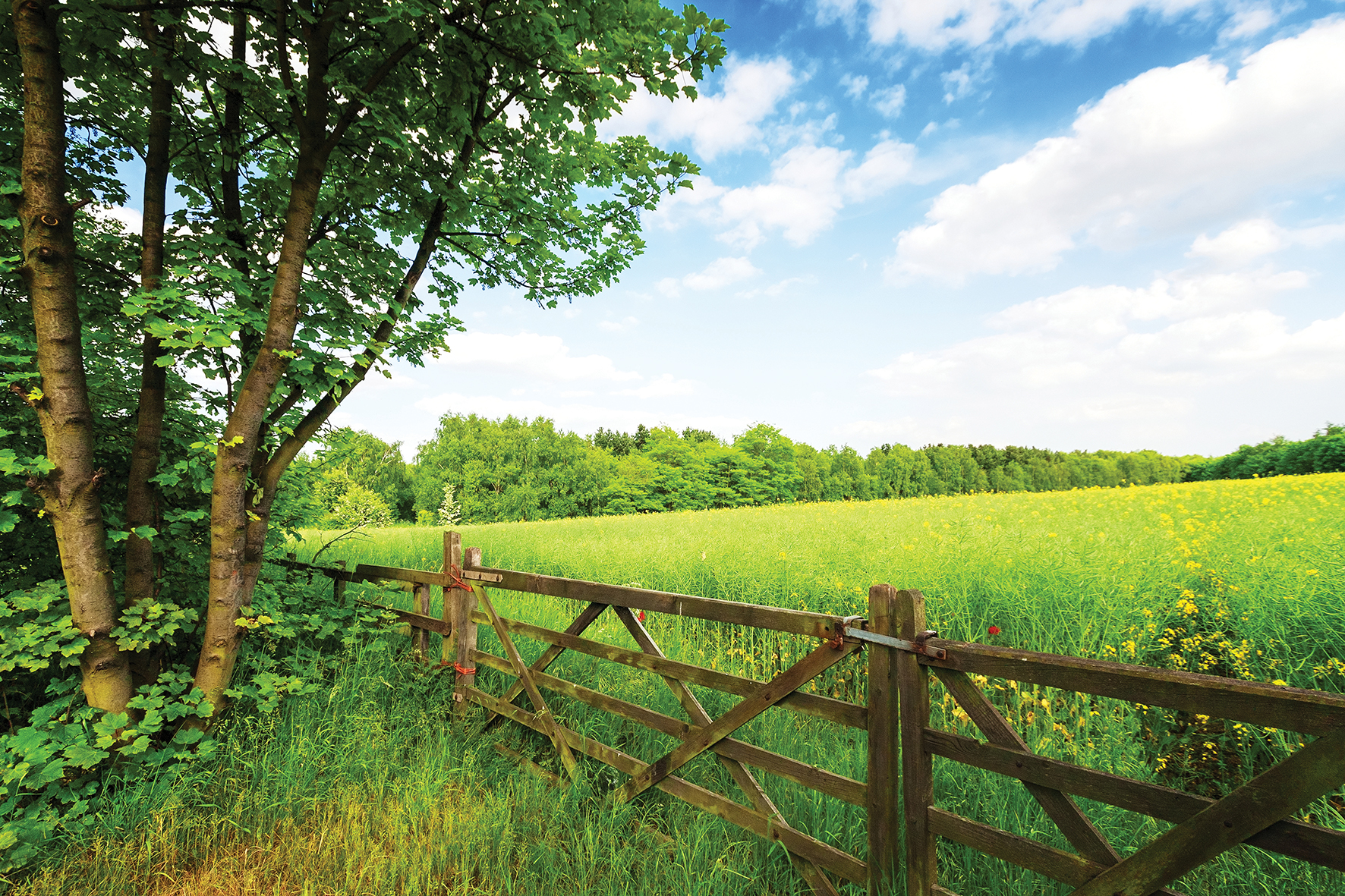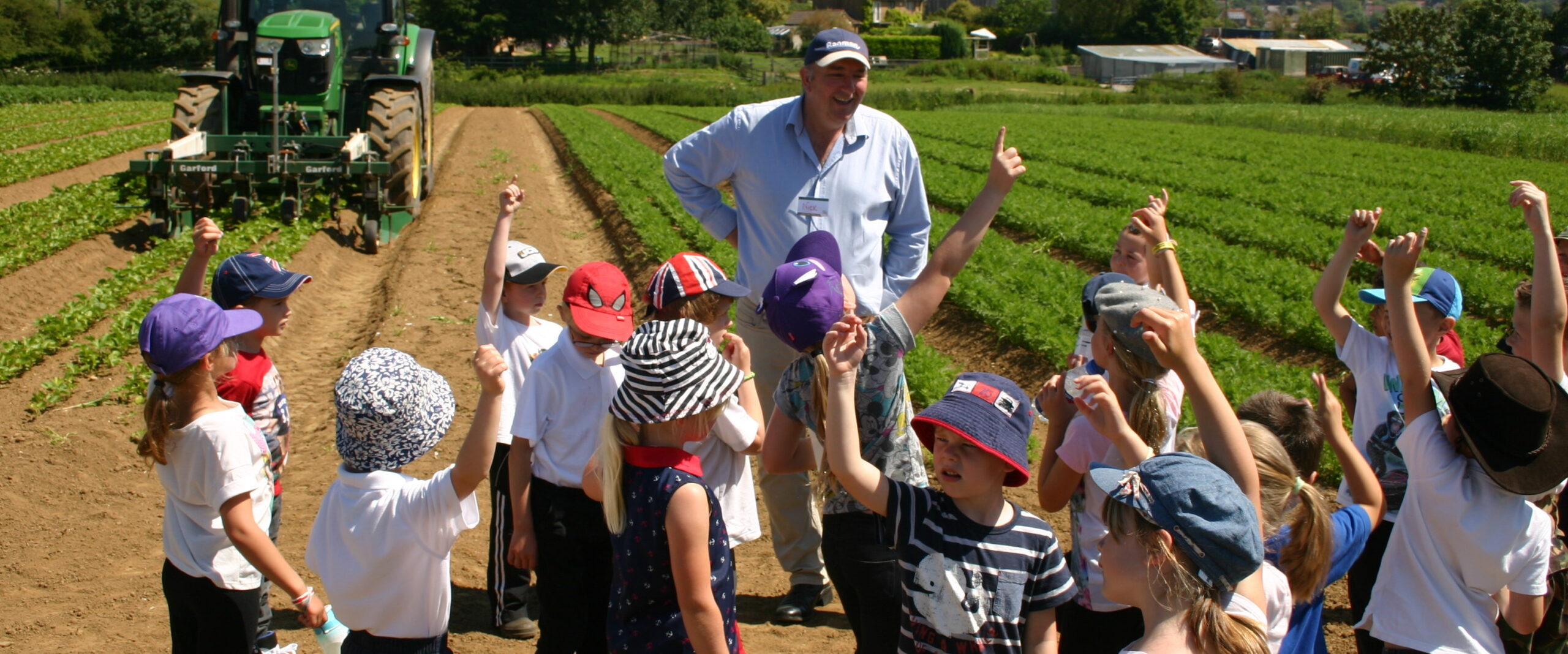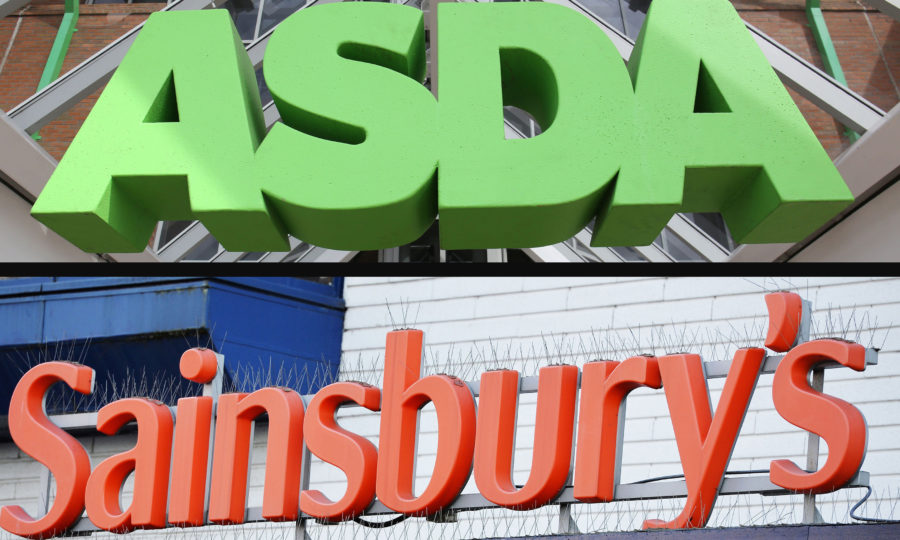Farmers in Wales will be supported by a single scheme once the BPS is phased-out. The Welsh Government has produced a formal response to the ‘Brexit and Our Land’ consultation that was launched last summer (see July Bulletin).
In the original consultation it proposed that there would be a two-strand replacement for the BPS – an Economic Resilience Scheme would support economic activity in Welsh farming whilst a Public Goods Scheme would reward land managers for providing certain outcomes for the wider society. However, it now proposes that all support will come under a ‘Sustainable Farming Scheme’. This is in response to replies to the consultation that farms would be artificially split between ‘food producing’ land and ‘public goods’ land.
The response (see https://gov.wales/brexit-and-our-land-our-response) makes it quite clear that the BPS, or something like it, will not continue – ‘the Welsh Government considers universal income support decoupled from outcomes does not provide an effective way to support farmers’. The new system will be based on ‘outcome-targeted payments’. The scheme will be based on ‘Sustainable Farming Payments’ – these will be annual revenue payments in return for providing public goods. Although, the Welsh Government specifically states that it does not see food production as a public good, it hopes to design the scheme so that ‘the production of food and the production of public goods is mutually reinforcing’. Within the document it is proposed that ‘payments are set at a level that contributes positively to net farm profits’ – this suggests that they may well be more generous than past ‘income foregone’ agri-environment payments and include an element of margin.
In addition to the annual payments, the scheme also aims to drive ‘business development’. Support for on-farm investment appears to be a key element of this, although much focus is also on business support, skills and training. Indeed, there is an implication that farmers will not be able to access grant funding unless they can demonstrate they have the business skills to make good use of it.
No specific timetable for the introduction of the new scheme (and the phase-out of the BPS) is given. The previous completion date for reform of 2025 is referred to, but this is now described as ‘ambitious’; perhaps indicating a longer transition. The next steps of the process will be a further consultation launched in July. Then there will be a process of ‘co-design’ of the new scheme, starting in the autumn which will involve farmers, foresters, advisors, academics and other stakeholders.
